HEALTH
What Everyone needs to know about Mpox as it continues to spread in Africa
Cases of Mpox, previously referred to as monkeypox, have recently been reported in Sweden and Pakistan. This comes shortly after the World Health Organization declared a global health emergency due to a resurgence of cases in Africa. The current outbreak is primarily focused in the Democratic Republic of Congo, where the disease has claimed over 500 lives since the start of the year. Here’s what we know about the newly identified, more infectious strain of mpox so far.
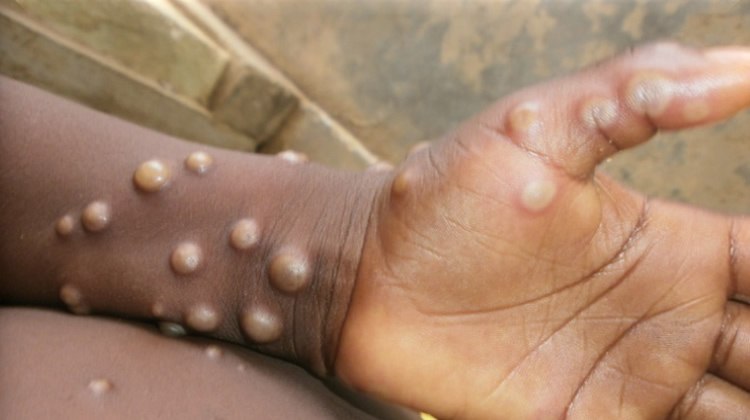
Scientists are expressing alarm over a new strain of mpox, previously referred to as monkeypox, due to its potential for easier human transmission.
The World Health Organization (WHO) has opted to rename monkeypox to mpox in response to concerns that the original name could be viewed as discriminatory or racist.
On Friday, Pakistan announced it had confirmed a case of mpox, following Sweden’s report of the first infection outside Africa involving this new strain just a day earlier.
The surge of mpox cases in Africa, which has also impacted countries such as Burundi, Kenya, Rwanda, and Uganda, led the WHO to declare a public health emergency of international concern on Wednesday—the highest level of alert it can issue.
The health minister from the Democratic Republic of Congo (DR Congo), which has been most severely affected, reported on Thursday that there have been 15,664 suspected cases and 548 fatalities since the start of the year.
The WHO noted that recorded mpox cases in Africa have already surpassed total figures for all of 2023 by July this year. This emerging variant has raised global alarms due to its apparent ease of transmission through regular close contact.
In response, the European Centre for Disease Prevention and Control (CDC) elevated its risk alert level for mpox on Friday and urged nations to maintain high vigilance among travelers coming from affected regions.
The agency now assesses the risk level for both the general population and travelers as moderate—an increase from previous low assessments—while indicating that sustained transmission within Europe remains very unlikely if imported cases are promptly identified and control measures enforced.
More infectious variant
The ongoing outbreak in the Democratic Republic of Congo (DR Congo) originated from an endemic strain identified as clade I. However, a new variant known as clade Ib seems to transmit more readily through regular close interactions, including sexual activities.
On Thursday, Sweden’s Public Health Agency informed AFP that it had confirmed a case of clade 1b, marking the first instance of this infection outside Africa.
The individual contracted the virus while visiting a region in Africa experiencing a significant mpox outbreak related to clade 1, according to epidemiologist Magnus Gisslen’s statement from the agency.
As for Pakistan, health officials have yet to determine which mpox strain caused an infection reported there on Friday. Additionally, China announced plans to implement screenings for mpox among incoming people and goods over the next six months.
WHO Director-General Tedros Adhanom Ghebreyesus emphasized on Wednesday that a unified international effort is crucial in combating these outbreaks and protecting lives, stating that it is a matter of global concern.
During the worldwide mpox outbreak in 2022, most cases were reported among gay and bisexual men, with transmission primarily occurring through close contact such as sexual encounters.
While similar trends have been observed in Africa, over 70% of current mpox cases and 85% of related fatalities in Congo involve children under 15 years old.
Symptoms of this viral illness include fever, cough, headaches, and rashes. The mpox virus was first identified in 1958 when researchers isolated it from monkeys kept for scientific study in Copenhagen; these monkeys exhibited skin lesions resembling those seen in human smallpox—hence its name monkeypox.
Means of transmission
Similar to avian influenza and coronavirus, mpox is a disease that can be transmitted from animals to humans. However, it can also spread between people, primarily through direct skin contact with an infected individual, as well as through sexual activity or close conversations.
There are two primary variants of mpox: clade 1, which is typically more severe, and clade 2. The clade 1 virus has been present in the Democratic Republic of Congo (DR Congo) for many years and is currently on the rise.
The variant causing heightened concern is clade 1b, identified in September 2023 in DR Congo; this strain is both more lethal and more easily spread than its counterparts.
Additionally, according to the Institut Pasteur in Paris, mpox can be transmitted indirectly through contaminated items like bedding.
The previous public health emergency related to mpox was declared in 2022 due to the less severe clade 2 strain. That year saw the monkeypox virus spread across approximately one hundred countries, resulting in around 90,000 reported cases and 140 fatalities globally.
In July 2022, the World Health Organization (WHO) labeled it a public health emergency of international concern but lifted that designation ten months later when there was a notable improvement in the epidemiological situation.
An epidemic more contagious than in 2022
The ongoing outbreak has sparked fresh worries. As reported by the Africa CDC, mpox cases surged by 160 in 2024 across the 16 African nations where it has been identified, compared to the previous year.
The health minister of the Democratic Republic of Congo announced on Thursday that mpox cases have been documented in every province of the country.
Epidemiologists caution that increased human-to-human transmission heightens the risk of viral mutations. Professor Dimie Ogoina, chair of the WHO Emergency Committee, remarked on Wednesday that what is occurring in Africa represents merely a fraction of a larger issue.
He emphasized that the recent rise in mpox cases in various African regions, coupled with a new sexually transmissible variant of monkeypox, constitutes an emergency that impacts not just Africa but also poses a threat to global health.
Originally emerging from Africa and previously overlooked there, mpox led to a worldwide outbreak in 2022. It is crucial to take strong measures now to avert a recurrence of this situation. Virologist Christian Bréchot, president of the Global Virus Network, stated during an interview with TV5 Monde that diseases are not confined to specific continents like Africa or Asia.
A single health, that of the world
Bréchot’s comments resonate with a key message from one of the World Health Organization’s public awareness initiatives: as epidemics cross national boundaries, there exists only one global health.
With the recent memories of Covid-19 still vivid, WHO has swiftly addressed the resurgence of mpox. Br Chot expressed that this mobilization leads him to believe there is no cause for alarm.
On August 7, WHO director Tedros initiated an emergency authorization process for mpox vaccines, allowing their use in nations where the two available products have not yet received approval.
The Danish pharmaceutical company Bavarian Nordic announced its capacity to manufacture up to 10 million doses of its mpox vaccine by 2025.
Additionally, on Wednesday, the US Department of Health revealed plans to donate 50,000 doses of an mpox vaccine to the Democratic Republic of Congo, emphasizing that vaccination will be a vital component in tackling this outbreak.



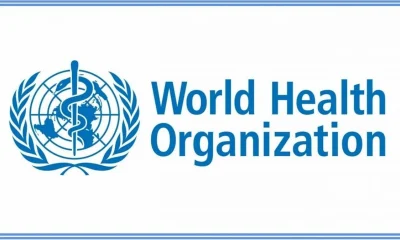

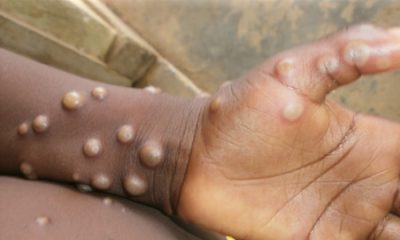

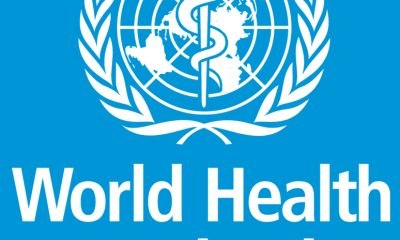

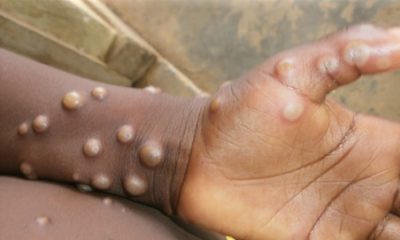




![Top Nigeria Newspaper Headlines Today 25th June 2024 [Tuesday] 85 Nigeria Newspaper Headlines](https://nigerianews247.com/wp-content/uploads/2024/04/Nigeria-Newspaper-Headlines-80x80.png)

![[VIDEO] Tinubu Stumbles while Boarding Presidential Parade Vehicle at Eagles Square 88 Tinubu Stumbles while Boarding Presidential Parade Vehicle at Eagles Square](https://nigerianews247.com/wp-content/uploads/2024/06/Tinubu-Stumbles-while-Boarding-Presidential-Parade-Vehicle-at-Eagles-Square-80x80.jpeg)


You must be logged in to post a comment Login